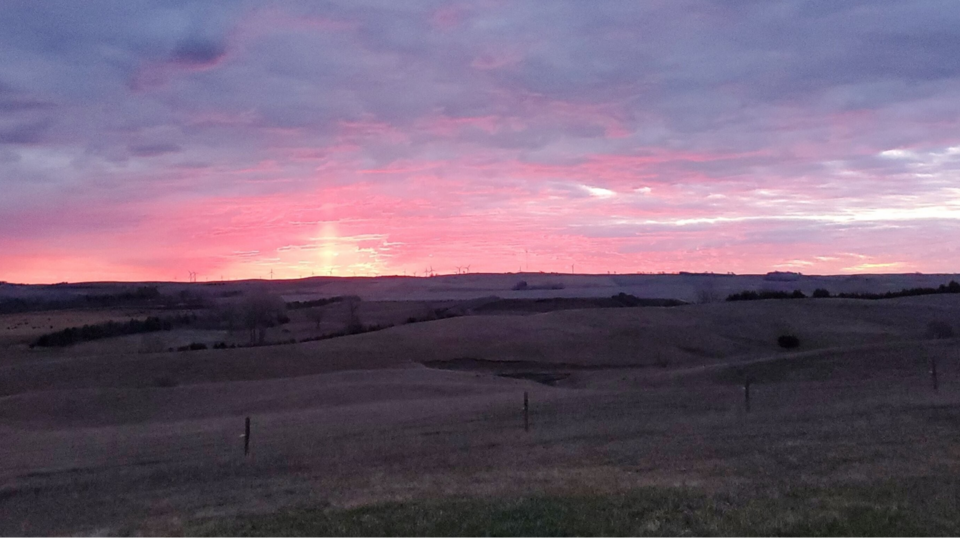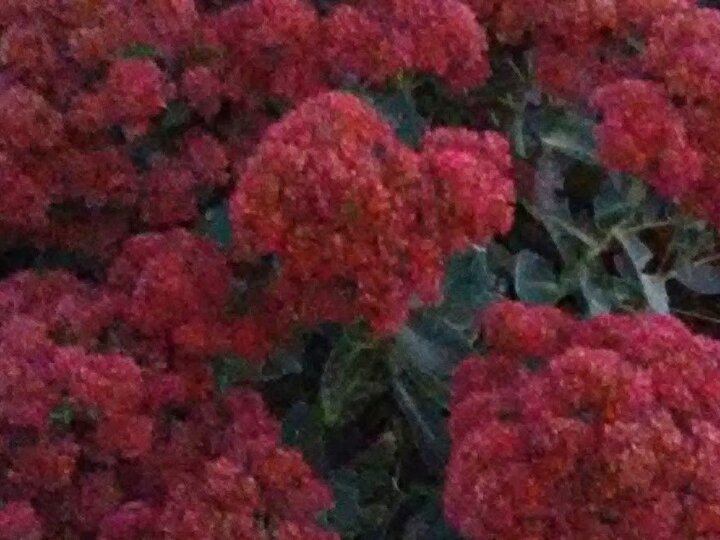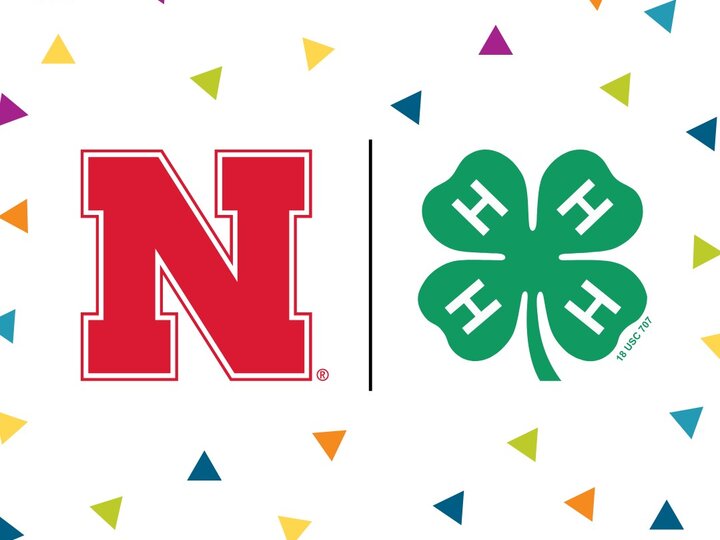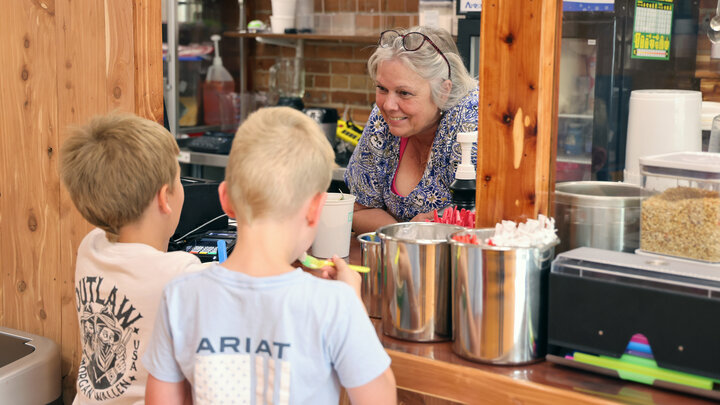Feature stories/news
Important Dates
4-H YOUTH ARE BEYOND READY: ENROLL IN THE KNOX COUNTY 4-H PROGRAM DURING 4-H MEMBER MONTH
February is 4-H Member Month in Nebraska – a time to celebrate how membership in 4-H prepares youth for work and for life.
Through hands-on learning and supportive relationships, 4-H helps youth discover their sparks, or the interests and skills that inspire purpose, while fostering a strong sense of belonging where members feel valued and connected. Youth also benefit from developmental relationships with caring adults who guide and encourage growth, as well as from meaningful engagement through active leadership and learning opportunities.
“The Knox County 4-H program allows youth to grow, lead, and succeed locally. With over 360 4-H members and over 75 volunteers in Knox County, 4-H continues to inspire our youth!” Megan Hanefeldt, 4-H Educator, Nebraska Extension in Knox County.
Club or Independent membership is open to all youth between the ages of 5-18, as of January 1 of the current year. Youth ages 5-7 may also participate as Clover Kids. Members are required to officially enroll in 4-H each year.
In Nebraska, 14,000 youth participate in 4-H clubs each year. 4-H Clubs conduct regular meetings, either virtually or face-to-face, in various locations. Members participate in service learning, give presentations, serve as club officers, and complete educational projects.
As America’s largest youth development organization, 4-H empowers 6 million young people nationwide with hands-on learning experiences through clubs, camps, school programs, and community events. Through the Beyond Ready initiative, 4-H will help prepare 10 million youth for work and life by 2030.
To learn more about 4-H membership in Knox County and to enroll, visit: https://extension.unl.edu/statewide/knox/4-h/

Early Childhood Development

Food & Fitness
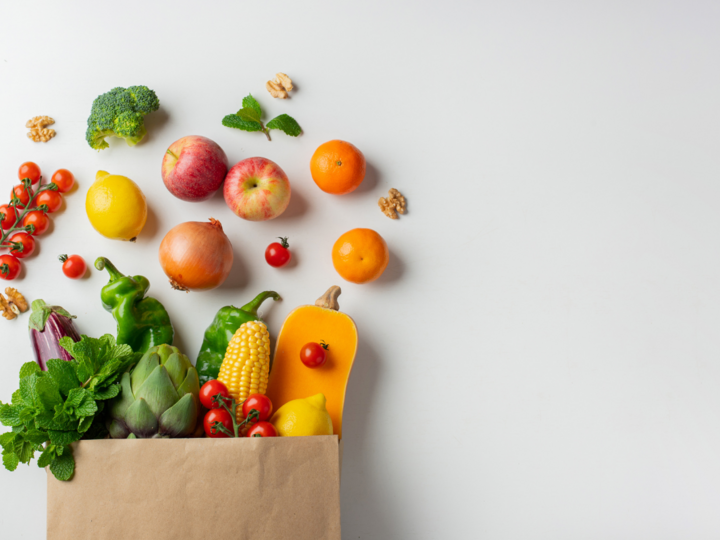
Water Resources
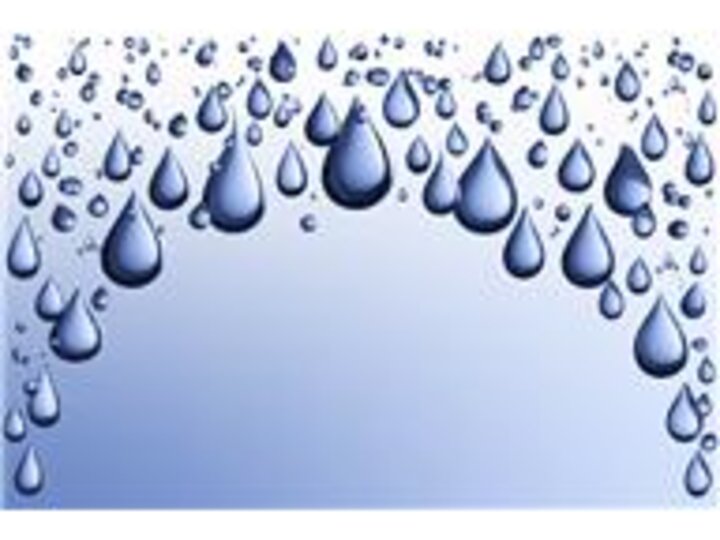
Agriculture, Farm and Ranch Resources
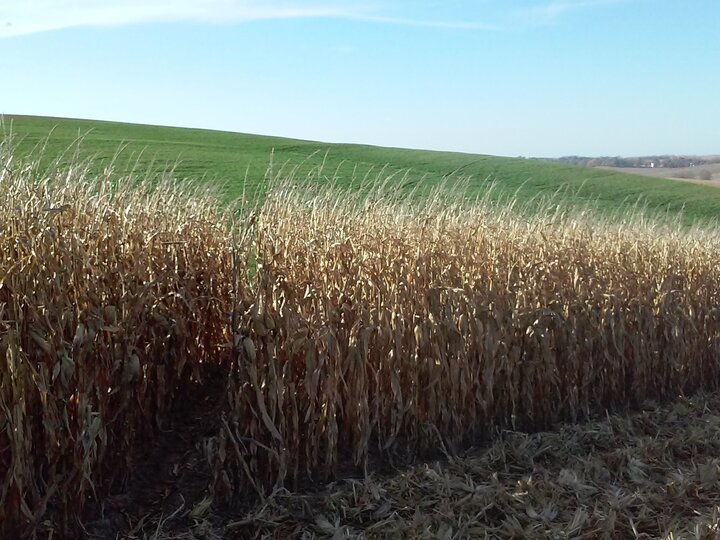
Stay up-to-date with the latest beef and forage information!
Beef & Forage
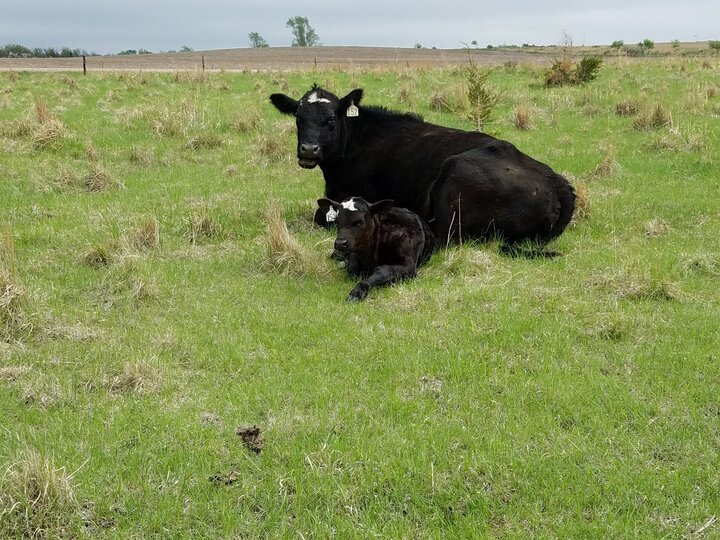
Nebraska Extension in Knox County
308 Bridge Street
P.O. Box 45
Center, Nebraska
Call 402-288-5611
Fax 402-288-5612
knox-county@unl.edu
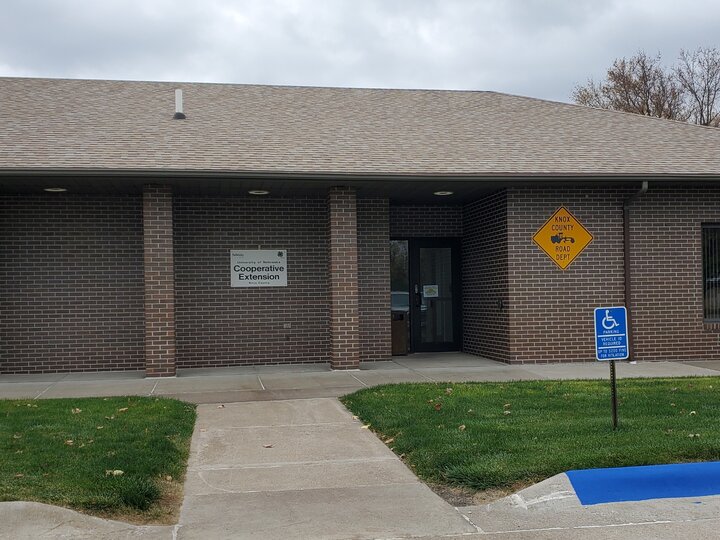
4-H Online Enrollment is Open! Knox County Enrollment Deadline - 4-H Enrollment for ALL members, including Clover Kids, is due by June 15. Youth can enroll anytime during the year, but all youth, including Clover Kids, must be enrolled with the Nebraska Extension 4-H Office in Knox County by June 15 and membership dues paid to the extension office to exhibit at the Knox County Fair or before competing any competitive 4-H events that year. Competitive events include all Pre-Fair Contests and Shooting Sports Contests.
Find More Enrollment Information
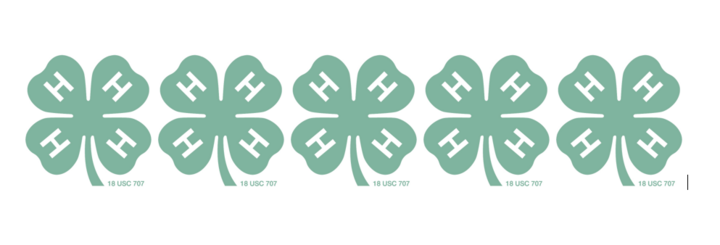
4-H Newsletters from Knox County
Find out what's happening in 4-H right here!

Beyond Ready for 4-H
Zachary and Garrett Ebel of Verdigre were born beyond ready for 4-H. We have heard many stories of our mom, aunts and uncles showing livestock over the years. We also have got to stand ring side to watch our cousins show their cattle, pigs and sheep in Sheridan County. The past few years we have been able to participate in showing pigs and sheep as clover kids.
This year was just a little more special for us because we got to take a couple stocker feeder calves and a bucket calf to the Knox County Fair. Zachary showed his steer, Salt and his breeding heifer, Pepper, while Garrett showed his bucket calf, Ellie. We learned a new set of showing skills. In working with our calves, we learned how to wash, lead and to set them up using a chain halter and show stick. Being around our calves we also had to take a slow and steady approach working with them since they are a bit bigger than our pigs and sheep.
Next year Garrett will join Zachary in the ring showing competing against each other in the Novice division. They both look forward to a new year in the showring, making more friendships with other 4-H’ers, and forming new bonds with the next set of calves, pigs and sheep. We are blessed to have the opportunity to show so many animals and to carry on with the family tradition.

4-H. Two simple letters that have a massive impact on families in our area
4-H. Two simple letters that have a massive impact on families in our area. When people hear 4-H, an array of possibilities come to mind. Whether it’s showing livestock, baking your favorite family recipe or creating something with your hands. Like many other members in our local 4-H club, our family likes to do a little bit of everything. Interests vary, but 4-H gives us the opportunity to discover new areas of interest and continue to do the things they love.
Our family really enjoys building things with our hands and woodworking is one of our favorite projects! Each year our family looks around the farm and decides what they should make. With the boys being 9 and 11, we try to pick a project that is challenging -yet doable. This year they decided on Adirondack chairs. With the help of grandma, we were able to find a building plan the boys could understand. When bringing a project, you are being judged on how well you follow the building plans, did you note any changes made, and how the project looks when it's completely finished.
With the building plans printed and the supplies purchased, it was time to get started in great grandpa’s woodshop. Ty and Tate were in charge of "measuring twice, cutting once". With all the boards cut, they discovered they didn't enjoy sanding, but loved how smooth it was afterwards. Drills in hand, they started putting the chairs together. With the watchful eye of dad, background in construction and great grandpa, who is known for his homemade wood farm toys, they were set to succeed!
After the chairs were finished, I asked them what they enjoyed most about their projects. Ty said, "Learning from my dad and great grandpa."
They may not understand it now, but they are not only learning the importance of safety and following instructions, but they are creating memories that will last forever.

Bucket Calf Project Dedication
This summer, 4-H member Drake Mitteis worked hard with his bucket calf project, spending countless hours caring for, feeding, and training his calf. His dedication showed in the progress his animal made throughout the season.
Earlier in the spring, Drake also gave a speech about his bucket calf project, sharing what he had learned about responsibility, animal care, and the bond that develops between a 4-H member and their animal. His presentation highlighted not only the daily work of raising a calf but also the patience and persistence needed to succeed.
By the end of the summer, Drake’s calf was well-trained and a true example of the time and care he invested. His project represents the heart of 4-H—learning by doing and growing through new experiences.
Drake was excited to have his calf ready to show at the Knox County Fair, where he was able to demonstrate the hard work and dedication he put into his project all summer long.

4-H, what is it and why would I want to join?
4-H, what is it and why would I want to join? Jorgia Fuchtman, age 16, has been in 4-H since she was a clover kid. She has been involved in a variety of areas; showing bucket calves, food revue, presentations, and shooting sports to name a few. She also had the opportunity to serve on the 4-H Council. 4-H has taught her to better herself as a person, enhanced her knowledge in agriculture, opened her eyes to new opportunities, and helped improve the skills she already had. It also has given her great role models to help shape her character and life decisions. Some of her shooting sports instructors taught her more than just the art of shooting. For example, Chase, BB gun instructor, taught her to "take your time and breath, your not on everyone else's time, so take your time, breath and do the job right." He also taught her that if you see a job that needs done, go and get the job done. Larry, shotgun coach, taught her to get on things and follow through. Amy, extension office, has taught her to stay calm in every situation and to get all the facts before jumping to conclusions. Jorgia has also learned a lot from being on the 4-H council, like consider everyone's opinion before making a decision and to discuss stuff before voting on it. In the end, 4-H is not about the trophies and ribbons you win, it's about what you learn and how to apply it throughout your life.
Jenna Fuchtman, age 14, joined 4-H as a clover kid, too. She participated in shooting sports, dog shows, food revue, photography, and sewing. She has a lot of fun and enjoys learning new things. She enjoys the project days. The extension ladies come up with projects, but then each kid gets to make it their own. Not only has she enjoyed entering them at the Knox County Fair, but also used them for gifts for others. The judges' critics and comments are always positive and helpful in making the project better. She has learned to take those comments and learn from them. Showing her dog, Pepper, was also a favorite of hers. She learned how to be a good caretaker and all about the dog's breed and how they train. It taught her, to get the dog to do what she wanted it to do, PATIENCE. Even though she has a shy, reserved personality, she has been able to learn to express her ideas in an encouraging environment.
Elliot Fuchtman, age 12, has been in 4-H since he was 8. He likes 4-H because it has taught him to work for what you want. All the adult leaders are nice and very helpful. His favorite project was rockets. The leader that came on rocket project day had great tips and tricks to apply to the process of building the rocket. He was so excited that his rocket made it to the State Fair that year! He has also enjoyed archery, BB gun, and .22. Each instructor is very good at making sure each kid is in the correct position and that safety is always first. Elliot not only thinks that it is fun to participate, but that he also gets a little premium for each ribbon that he earns.
The 4-H pledge sums it up as to why you should join 4-H, I pledge my HEAD to clearer thinking, My HEART to greater loyalty, My HANDS to larger service, and My HEALTH to better living, for my club, my community, my country, and my world.

From building leadership skills to discovering new passions
From building leadership skills to discovering new passions, 4-H offers youth hands-on opportunities to learn, grow, and shine — and the Mitteis kids from Verdigre have enjoyed many things that 4-H has to offer.
This summer, Henley Mitteis dedicated her time and energy to try a different project for her in 4-H. She decided to try an entomology project where her knowledge and passion for insects was to be put on display at the Knox County Fair.
Starting in the spring, Henley gave a speech on entomology, setting the stage for a season-long journey collecting and studying insects. With the support of her family and friends, she searched fields, forests, and gardens to find a variety of unique and rare bugs to include in her display.
Henley received special help from her brother Drake, who also gave a speech this past spring, and joined her on many bug-finding adventures throughout the summer.
Her family said they truly enjoyed working alongside her on the project, turning it into a fun and educational experience for everyone involved. Whether it was early mornings or late evenings, Henley never missed an opportunity to look for bugs.
Her final project showcased not only an impressive insect collection, but also detailed labels and observations that reflected her growing expertise in the field.
Henley’s project highlights the spirit of 4-H — curiosity, hard work, and community. She encourages other kids to join 4-H and explore fun and hands-on projects like entomology, where learning comes to life in exciting and unexpected ways.

Local Extension Educators Recognized
Nebraska Extension recently held its annual Fall Conference, where two local Extension Educators were recognized for their exceptional efforts and achievements. Megan Hanefeldt, Cedar/Knox 4-H Youth Development Educator, was honored as the Nebraska Extension Mentor of the Year. Jackie Steffen, Nebraska Extension Early Childhood Educator, received the Nebraska Extension Excellence in Extension Team Award for her collaboration with Nebraska Children and Families' Communities for Kids (C4K) initiative.

